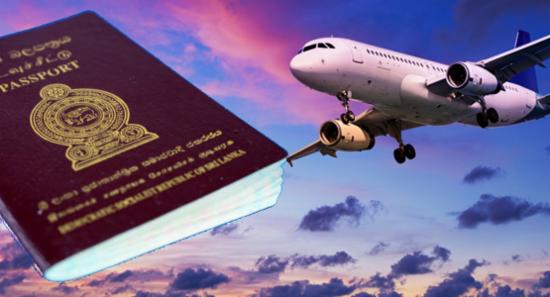.webp)

Energy Sovereignty Intact: Trincomalee Isn’t for Sale - AKD On SATANA
COLOMBO (News 1st); Amid growing concerns and allegations from opposition parties regarding the leasing of the Trincomalee Port and associated energy infrastructure to India, the Sri Lankan President has clarified the nature and scope of recent agreements signed with India.
Speaking on the matter on the SATANA political debate program, President Anura Kumara Dissanayake highlighted the strategic and economic significance of the Trincomalee Port, describing it as one of the world’s finest natural harbors.
“Trincomalee is a deep-water port capable of accommodating large vessels close to shore. Its proximity to major maritime routes makes it a valuable asset,” he said.
The port area houses 98 fuel tanks, of which 24 are owned by the Ceylon Petroleum Corporation (CPC), 12 by the Indian Oil Company, and 61 remain underutilized. Each tank has a capacity of 12,500 metric tons, offering significant potential for international fuel trade.
Clarifying the nature of the recent agreements with India, the Dissanayake emphasized that no final deal has been signed. “What we have signed is a Memorandum of Understanding (MoU) — an understanding to explore the potential and prepare a relevant business plan. Only if we agree with the business plan will we proceed to a formal agreement,” he explained.
The proposed plan involves a joint venture between India, the UAE, and Sri Lanka to develop the oil tank farm and related infrastructure.
The committee overseeing the MoU will also explore the feasibility of establishing a refinery, including logistics such as crude oil transport via ships or pipelines.
Addressing fears of energy dependency on India, the President dismissed such claims as unfounded. “The CPC will continue to procure fuel through a competitive tender process. The installation of pipelines does not mean all fuel will come from India,” he said.
He also referenced a separate investment by China’s SINOPEC, which is bringing in a USD 3 billion refinery project in Hambantota under the Board of Investment (BOI). “Even SINOPEC must compete in the CPC tender process to supply fuel to the local market. The same rules will apply to any future Trincomalee venture,” he added.
Other Articles
Featured News





.png )
-790030_550x300.jpg)
-790005-790020_550x300.jpg)

-790005_550x300.jpg)
-789996_550x300.jpg)


-789879_550x300.jpg)
-789357_550x300.jpg)
-788581_550x300.jpg)

















.gif)